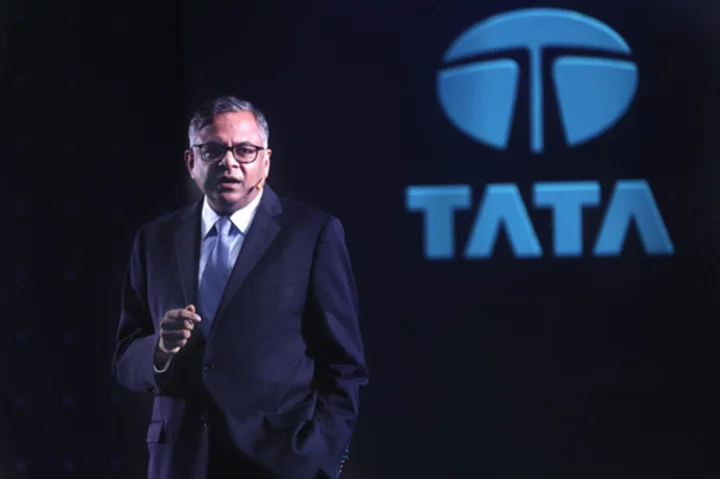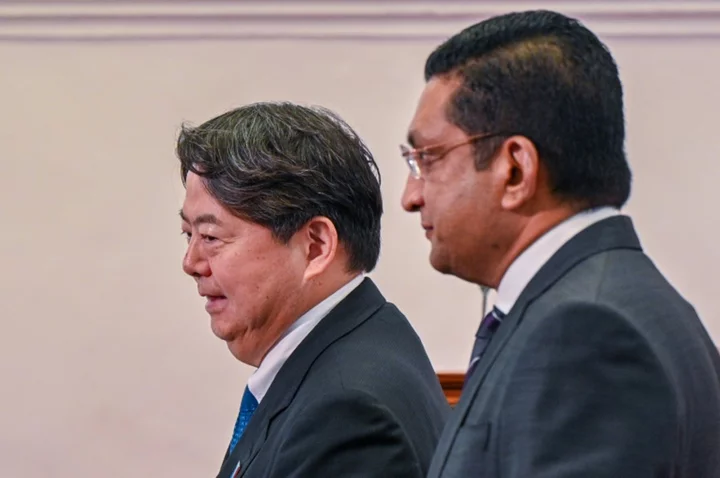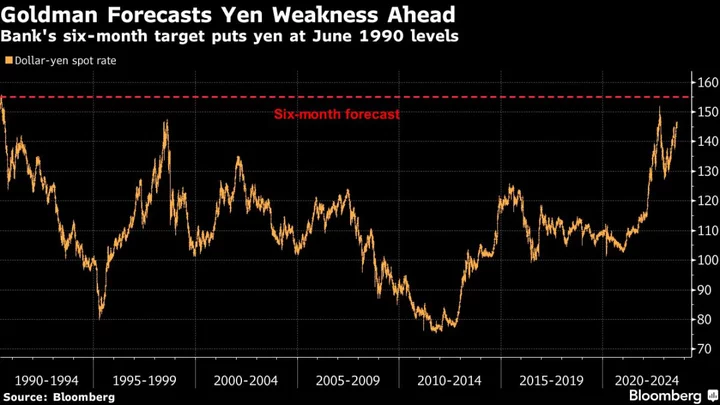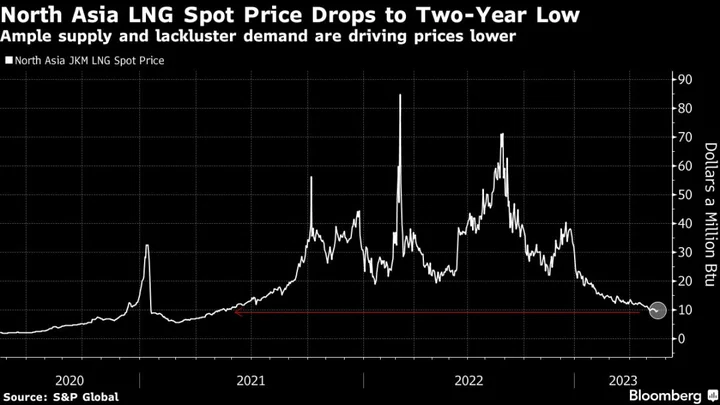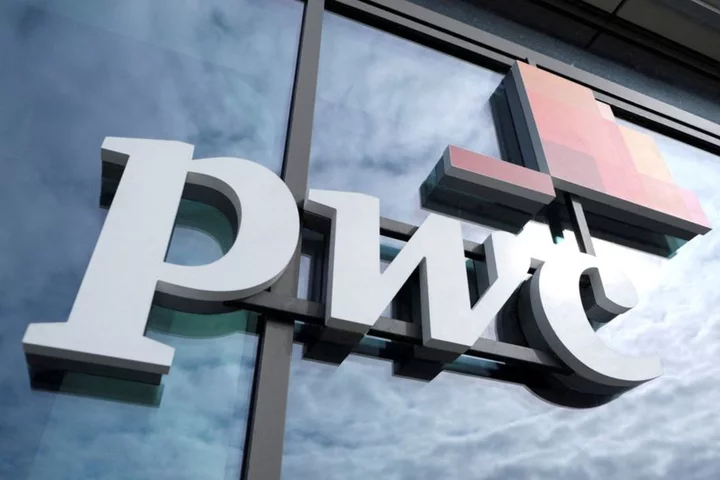LONDON (AP) — India's Tata Sons plans to build a 4-billion-pound ($5.2 billion) electric car battery factory in the U.K., the conglomerate said Wednesday. The plant is expected to become one of Europe's largest battery cell manufacturing sites when it begins production in 2026.
Britain's government said the new factory, the largest investment in the U.K. automotive industry in decades, will create 4,000 jobs directly and thousands more in supply chains.
The plant is expected to produce about 40 gigawatt hours of battery cells every year, enough to provide half the U.K.'s electric vehicle batteries, Energy Security Secretary Grant Shapps said.
“Our multibillion-pound investment will bring state-of-the-art technology to the country, helping to power the automotive sector’s transition to electric mobility, anchored by our own business, JLR (Jaguar Land Rover),” Tata Sons chairman Natarajan Chandrasekaran said.
The new plant will supply batteries to other brands as well as JLR.
Britain's government reportedly offered substantial financial subsidies to attract the industrial giant to invest in the country, but officials declined to comment, saying it was commercially sensitive information.
Carmaker Stellantis, which owns Vauxhall, Peugeot and other European car brands, warned in May that it would struggle to make electric cars in the UK because of the changes to trading relations under the Brexit deal.
The carmaker wrote to Parliament that it would face 10% tariffs when exporting electric vehicles to Europe, and said it was vital to “reinforce the competitiveness of the U.K. by establishing battery production."

